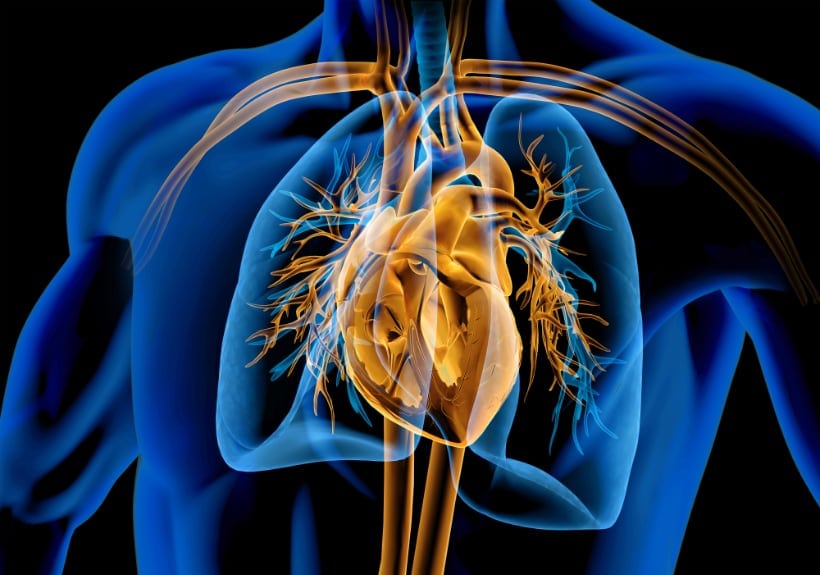By Dr Aswin Babu
Veno-arterial extracorporeal membrane oxygenation (VA-ECMO) is an important tool in the armamentarium of mechanical circulatory support (MCS). The ECMO-CS (Extracorporeal Membrane Oxygenation in the Therapy of Cardiogenic Shock) trial aimed to elucidate the benefits of early use of VA-ECMO in the rapidly deteriorating or severe cardiogenic shock patient cohort. These patients were identified using the Society for Cardiovascular Angiography and Interventions (SCAI) criteria stages D or E.
This randomised controlled trial (RCT) recruited 117 eligible patients from four centres in the Czech Republic. A 1:1 open label, randomisation was performed to either early VA-ECMO or conservative therapy. Mean age of the patients was 66 years of age with 73% being male. The duration of follow-up was 30 days.
Salient characteristics of the cohort included a median lactate level of 5mmol/L. Chronic heart failure was present in 24% of the cohort. Around 72% of the cohort were mechanically ventilated at the time of randomisation. Acute coronary syndromes (ACS) accounted for 62% of cases. Decompensation of chronic heart failure was the reason for cardiogenic shock in 23% of the patients whilst myocarditis, severe aortic stenosis and severe mitral regurgitation was the underlying aetiology in 12%. In addition, there was a significantly high cross over rate in the conservative arm with 39% of patients requiring early VA-ECMO.
Some important exclusion criteria included those with significant peripheral vascular disease precluding cannulation of the femoral artery; comatosed cardiac arrest survivors; hypertrophic obstructive cardiomyopathy and a high suspicion of pulmonary embolus or cardiac tamponade as the primary cause of cardiogenic shock.
The primary outcome was a composite of all-cause mortality, implantation of another MCS device and resuscitated cardiac arrest. At 30 days, there was no significant difference in the primary outcome between early VA-ECMO and conservative management (63.8% vs 71.2%, HR 0.72, 95% CI 0.46-1.12). Pertinently, there was no difference in all cause mortality (50% vs 47.5%, HR 1.11, 95% CI 0.66-1.87). Safety end points comprising of bleeding, leg ischemia and stroke were numerically higher in the early VA-ECMO group but this did not reach statistical significance (37.9% vs 23.7%, p =0.10).
Although the results are from an extremely small cohort, given the difficulty in recruiting this particular group of patients, the ECMO-CS trial provides important data in identifying those who may not benefit from the use of early VA-ECMO. It signals that patients in SCAI stages D or E may be too late to benefit from MCS and we must do better in identifying patients at SCAI stages B or C as they may have more of a substrate to positively respond to MCS. Further, larger studies looking at these group of patients is required before we can conclusively decide on the prognostic role of VA-ECMO in cardiogenic shock. Moreover, the high cross over rate represents a severe limitation in interpreting these trial results.
Link to article – https://www.ahajournals.org/doi/10.1161/CIRCULATIONAHA.122.062949

